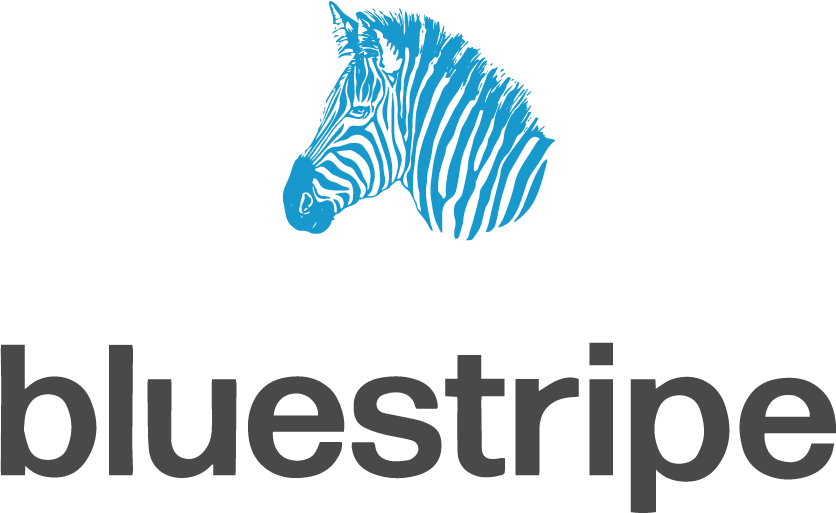
Back don’t block
Challenge
In the early stages of the Coronavirus pandemic the UK’s news publishers faced an unprecedented demand for their trusted journalism from a population looking for accurate information. However, at the same time, ‘blocklist’ technologies were preventing advertising from appearing alongside Coronavirus content, directly impacting publishers’ revenues.
Newsworks, the trade body for the UK’s newsbrands, asked Bluestripe to bring this issue onto the national agenda by highlighting the vital role played by newsbrands at a time of crisis.
Campaign
With Covid-19 dominating the news agenda, Newsworks and Bluestripe had to create a campaign that drove a short, sharp shock of awareness at the highest level. The answer was to create a significant news moment, led by an unprecedented open letter signed jointly by the major UK news publishers. This highlighted the financial cost of blocklists whilst proclaiming the value that newsbrands provided at a time of national emergency.
Bluestripe worked closely with Newsworks to prepare for this media moment by creating impactful key messaging for the campaign and preparing media materials to back up the story. The open letter was then pre-pitched to key broadcast and podcast outlets to generate a high-profile media campaign reaching the broadest possible audience.
Outcome
Tracy De Groose, Newswork’s CEO, appeared on some of the UK’s most important broadcast news outlets, including the BBC, Sky and CNBC, discussing the campaign, reaching more than 13 million viewers and listeners and more than 500m online readers. Accompanied by coverage across a broad swathe of national and regional newsbrands this drove widespread awareness of the campaign both within the advertising industry and amongst broader decision makers.
Despite the relatively technical nature of the topic, the ‘Back don’t block’ campaign raised the issues covered far beyond the traditional advertising and trade media audience, putting it into the mainstream business and government agenda.
In the weeks following this campaign the Culture Secretary Oliver Dowden picked up on the themes of the campaign in a newspaper column in which he labelled newsbrands ‘the fourth emergency service’ and in an unprecedented letter to advertisers in which he asked them to remove Coronavirus-related terms from blocklists.




